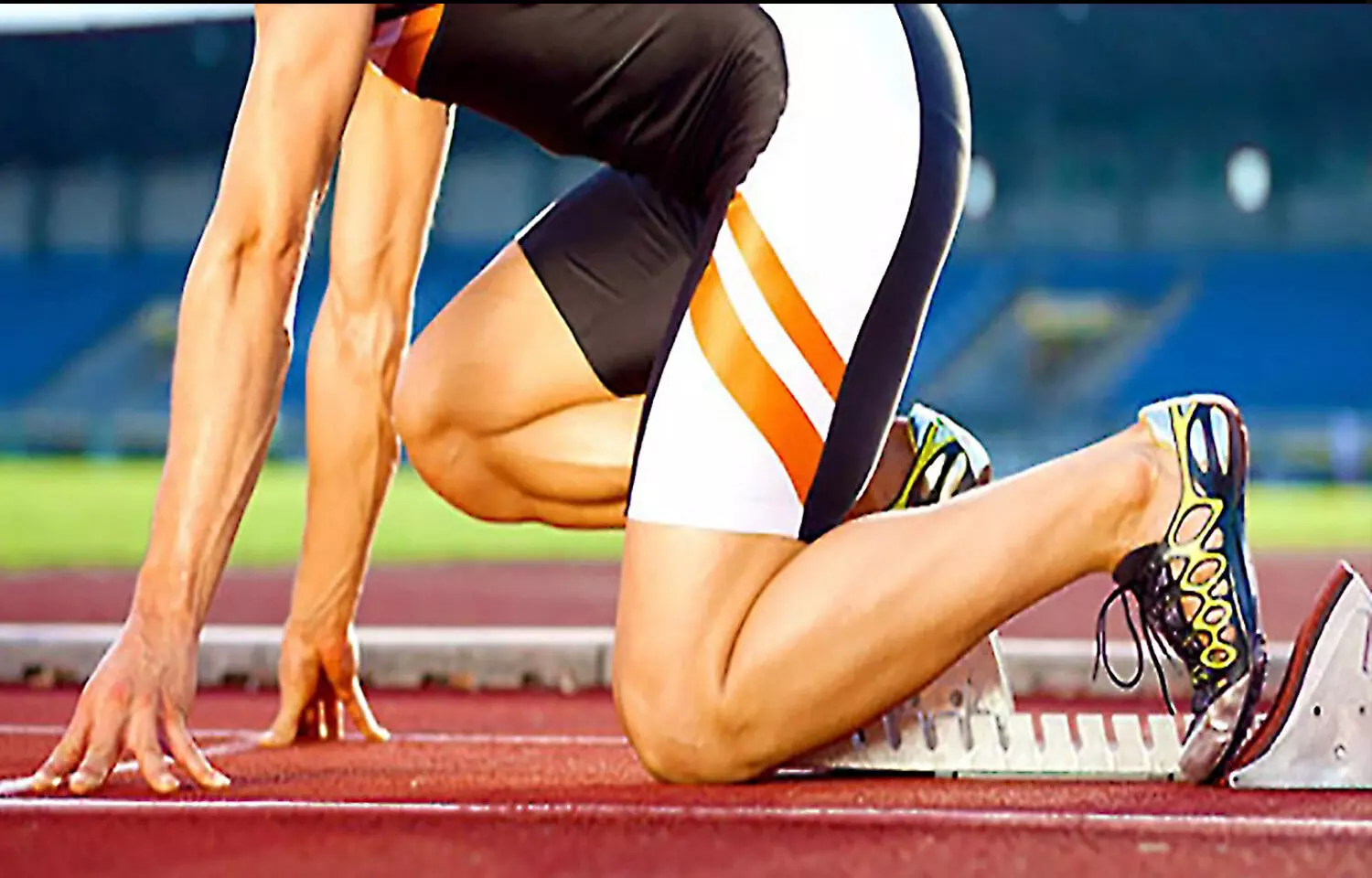- Home
- Medical news & Guidelines
- Anesthesiology
- Cardiology and CTVS
- Critical Care
- Dentistry
- Dermatology
- Diabetes and Endocrinology
- ENT
- Gastroenterology
- Medicine
- Nephrology
- Neurology
- Obstretics-Gynaecology
- Oncology
- Ophthalmology
- Orthopaedics
- Pediatrics-Neonatology
- Psychiatry
- Pulmonology
- Radiology
- Surgery
- Urology
- Laboratory Medicine
- Diet
- Nursing
- Paramedical
- Physiotherapy
- Health news
- AYUSH
- State News
- Andaman and Nicobar Islands
- Andhra Pradesh
- Arunachal Pradesh
- Assam
- Bihar
- Chandigarh
- Chattisgarh
- Dadra and Nagar Haveli
- Daman and Diu
- Delhi
- Goa
- Gujarat
- Haryana
- Himachal Pradesh
- Jammu & Kashmir
- Jharkhand
- Karnataka
- Kerala
- Ladakh
- Lakshadweep
- Madhya Pradesh
- Maharashtra
- Manipur
- Meghalaya
- Mizoram
- Nagaland
- Odisha
- Puducherry
- Punjab
- Rajasthan
- Sikkim
- Tamil Nadu
- Telangana
- Tripura
- Uttar Pradesh
- Uttrakhand
- West Bengal
- Medical Education
- Industry
Sleep Interventions may Enhance Athletic and Cognitive Performance among sportsmen

A recent review published in the Sports Medicine Journal suggests that increasing sleep duration at night hours or undisrupted napping was found most effective interventions to improve physical and/or cognitive performance.In the realm of sports, the significance of quality sleep for peak performance cannot be overstated. However, the unique demands and pressures of the athletic world...
A recent review published in the Sports Medicine Journal suggests that increasing sleep duration at night hours or undisrupted napping was found most effective interventions to improve physical and/or cognitive performance.
In the realm of sports, the significance of quality sleep for peak performance cannot be overstated. However, the unique demands and pressures of the athletic world often disrupt athletes' sleep patterns, impacting their overall recovery. Lúcio Cunha and team aimed to shed light on sleep interventions to bolster both sleep quality and subsequent performance among athletes, has unearthed valuable insights.
Following the guidelines of PRISMA and utilizing the PICOS approach, researchers embarked on a comprehensive search in May 2022 through PubMed, SPORTDiscus via EBSCOhost, and Web of Science. Out of 1584 records, 25 studies met the stringent inclusion criteria. All the studies were interventions carried out between 2011 and 2021.
Various interventions were tested across these studies, including sleep hygiene practices, napping, sleep extension, light manipulation, cold water immersion, and mindfulness techniques. The results were varied but enlightening.
Remarkably, sleep extension and napping emerged as the most effective interventions to enhance both sleep quality and performance. These interventions not only improved athletes' physical performance but also bolstered cognitive functions. Mindfulness techniques and light manipulation, though promising, require further investigation to establish their efficacy conclusively.
On the other hand, some interventions yielded less impactful results. Sleep hygiene practices, which encompassed habits like avoiding electronic devices before bedtime, and cold water immersion demonstrated no significant effects on sleep quality or performance. However, the researchers noted that the conclusions regarding these strategies are drawn from a limited number of studies, urging for more comprehensive research.
This review provides a stepping stone towards crafting evidence-based strategies to ensure that athletes are not just well-trained but also well-rested, pushing the boundaries of what the human body can achieve in the world of sports.
Reference:
Cunha, L. A., Costa, J. A., Marques, E. A., Brito, J., Lastella, M., & Figueiredo, P. (2023). The Impact of Sleep Interventions on Athletic Performance: A Systematic Review. In Sports Medicine - Open (Vol. 9, Issue 1). Springer Science and Business Media LLC. https://doi.org/10.1186/s40798-023-00599-z
Neuroscience Masters graduate
Jacinthlyn Sylvia, a Neuroscience Master's graduate from Chennai has worked extensively in deciphering the neurobiology of cognition and motor control in aging. She also has spread-out exposure to Neurosurgery from her Bachelor’s. She is currently involved in active Neuro-Oncology research. She is an upcoming neuroscientist with a fiery passion for writing. Her news cover at Medical Dialogues feature recent discoveries and updates from the healthcare and biomedical research fields. She can be reached at editorial@medicaldialogues.in



